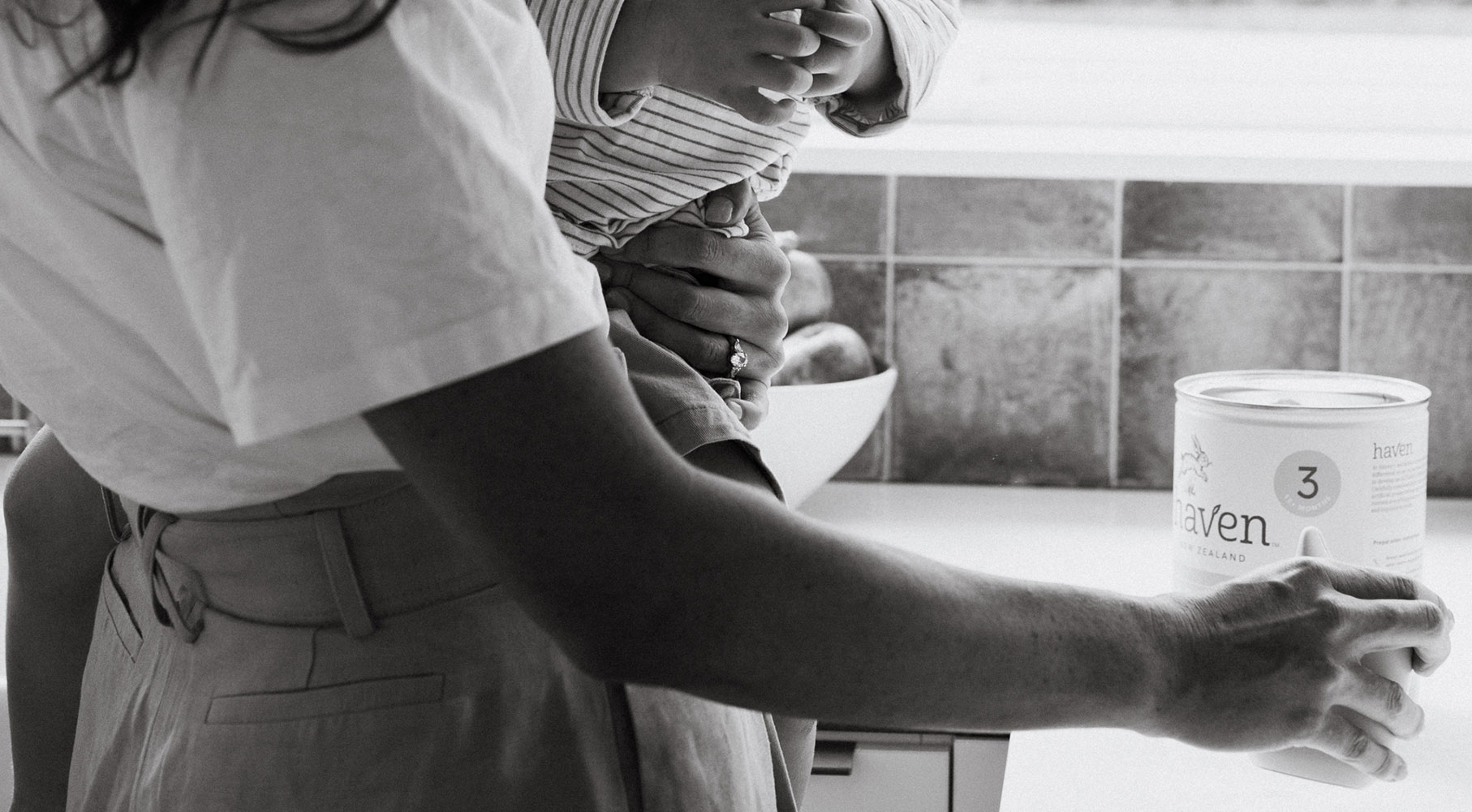New mothers, take note! Looking after yourself is just as important as looking after your newborn baby. Here are some top tips for getting through the fourth trimester.
Many pregnant women focus on preparing for birth, but I believe there is not enough education around preparing mothers for the fourth trimester (the time between birth and the first 12 weeks of a baby’s life). In my experience, I believe the fourth trimester can be a challenging time for new mothers as they are going through vast emotional and physical changes, while also taking care of a newborn.
One of the main postpartum symptoms is known as the ‘baby blues’. The majority of women experience at least some symptoms of the baby blues immediately after childbirth. It is caused by the sudden change in hormones after delivery, combined with sleep deprivation, pain, stress, isolation and fatigue.
New mothers might feel more emotionally fragile, tearful and overwhelmed. Generally, this will start in the first few days after delivery, peak around week one and taper off at the end of the second week. The baby blues are typically normal, but if your symptoms get worse or don't go away after a couple of weeks you might be suffering from postpartum depression. If this is the case, please talk to your healthcare provider as postpartum depression is a treatable disorder.
6 tips to help new mothers cope with the baby blues:
1. Ask for help from your partner, family and friends. Tell them exactly what you need and how you would like to be supported.
2. Take time out for yourself. Ask someone you trust to watch your baby so you can have some “you” time.
3. Get some sunshine. Sunshine can lift your mood and all you need is 10 minutes a day.
4. Make meals a priority. When you are depressed, nutrition normally suffers. What you eat has an impact on mood, as well as the quality ofyour breast milk.
5. Try and get as much rest and sleep as you can.
6. My key motto is “don't rush your healing, don't pretend to be ok when you're not and don't apologise for struggling”. It is normal to second guess yourself and to have some doubts, but no one knows your baby better than you do. So listen to your gut, trust your instincts and do not feel guilty about taking care of yourself.




